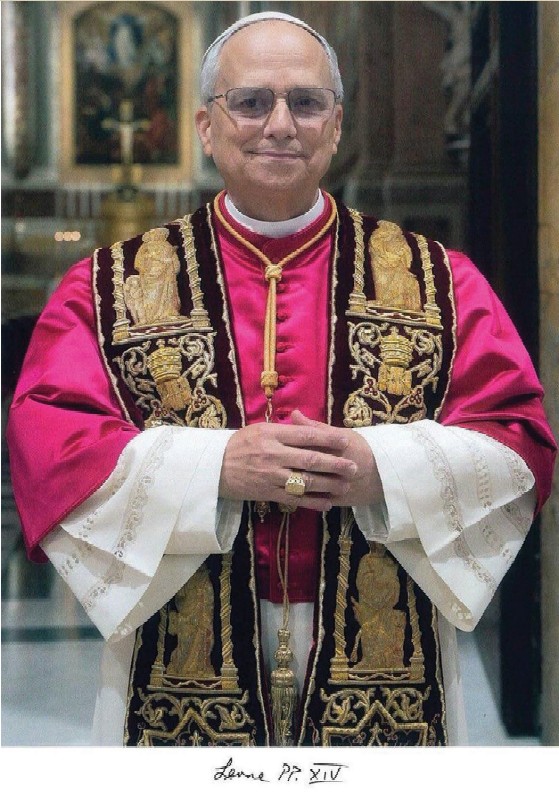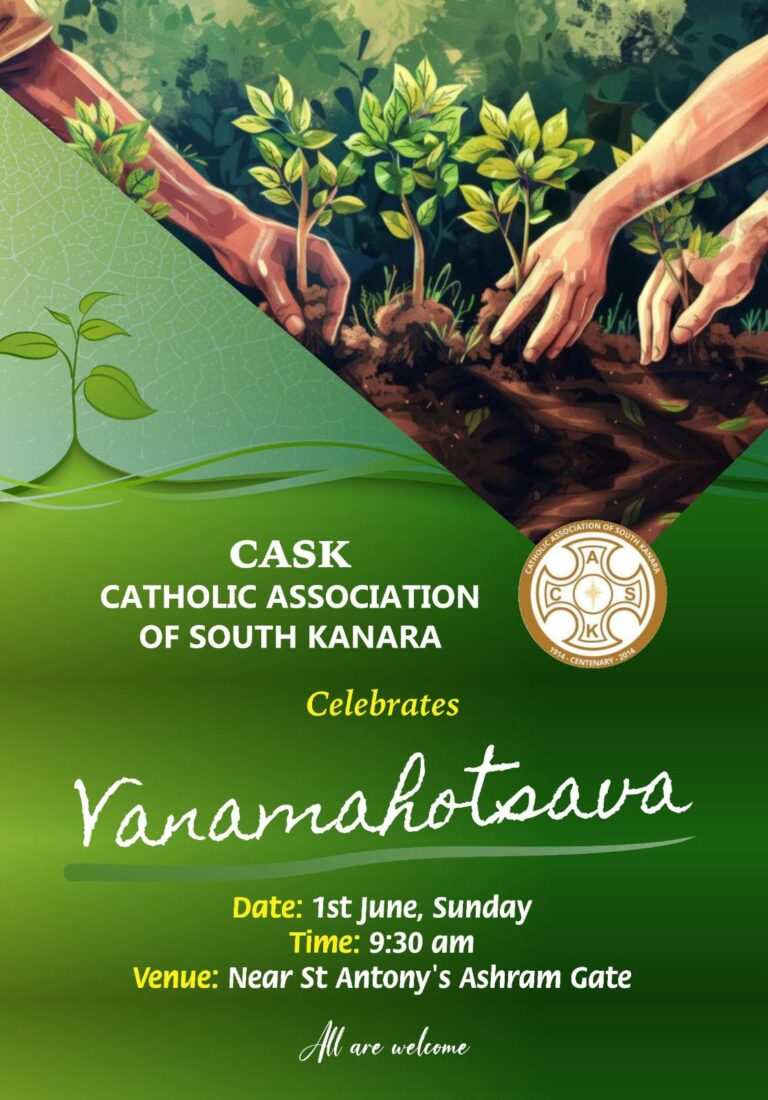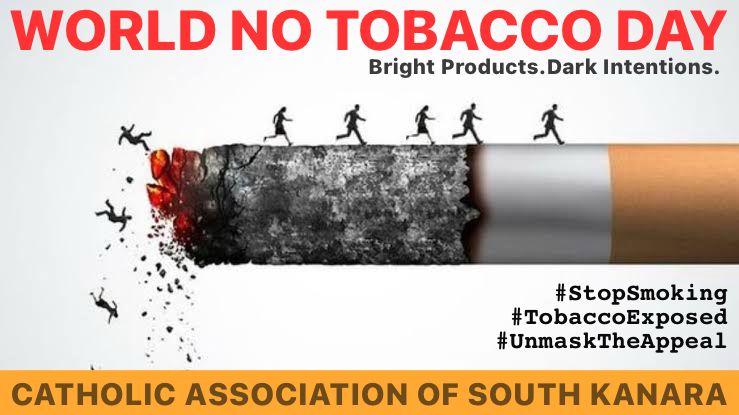
If an impression is afloat that only the poor and marginalized patronize free eye camps, perish the thought. I tried to strike a conversation with a well-dressed couple with impressive stage presence thinking that they may be local volunteers at the camp. Y.C. Nanjegowda and his wife H M Kasturi are prominent citizens of Chikmagaluru. He retired as head-postmaster of the district after 40 years of service, mostly in rural areas. That is where he received help from Christian institutions, specially convents, in educating his three daughters. His first two daughters are MTech.. now married and settled in USA. The third daughter, who escorted her parents to the eye camp, is an advocate, now married and settled in Chikmagaluru.
Nanjegowda is waiting for his cataract to mature to operating stage and his wife has dry eyes (no tears!). A camp is an incentive to bring to the fore problems which we normally put on the backbencher – hoping that it will vanish. He was very effusive and kept stressing that the convents and Christian community helped him throughout his nomadic rural stints of duty.
An eye camp like the one organised by CASK is like mountain coming to Mohamed. Normally if one has dim eye sight, can’t read or the distant object is a blur, one should be going to a doctor, clinic or hospital. But, poor, illiterate people are not confident to take such steps. The CASK-type eye camps are a stimulus for them to submit themselves to be tested and diagnosed by a team from reputed entities.
Coming back to the camp patients, 44-year-old Gohar finds it difficult to read the Koran which she does for one hour a day. She came after reading leaflets about the camp given at her masjid. Her husband is a helper in a lorry. They have three children, two daughters married and a son.
54-year-old Asif is a daily-wager waiting to be prescribed and provided free spectacles and get over his dim sight which makes it difficult for him to use his mobile.
Abdul Gafoor, 70 years, is not new to spectacles, having his eye-sight tested at Manipal. A cooly, he has no TV in the house; but enhanced spectacle-aided eyesight will help him to read the Koran. He has been coming to the hospital bringing poor neibhours for treatment.
There are others like 66-year-old Gangamma and Jayamma,65 years, who had come from 25KM away after hearing about the camp from others. Jayamma is involved in cultivating vegetables and is not new to the hospital as she has visited it for other ailments.
All of the 249 must have had their interesting story to tell and above all hope for better eye-sight-138 of them were prescribed free spectacles and 26 refered for free surgery.
John Monterio


